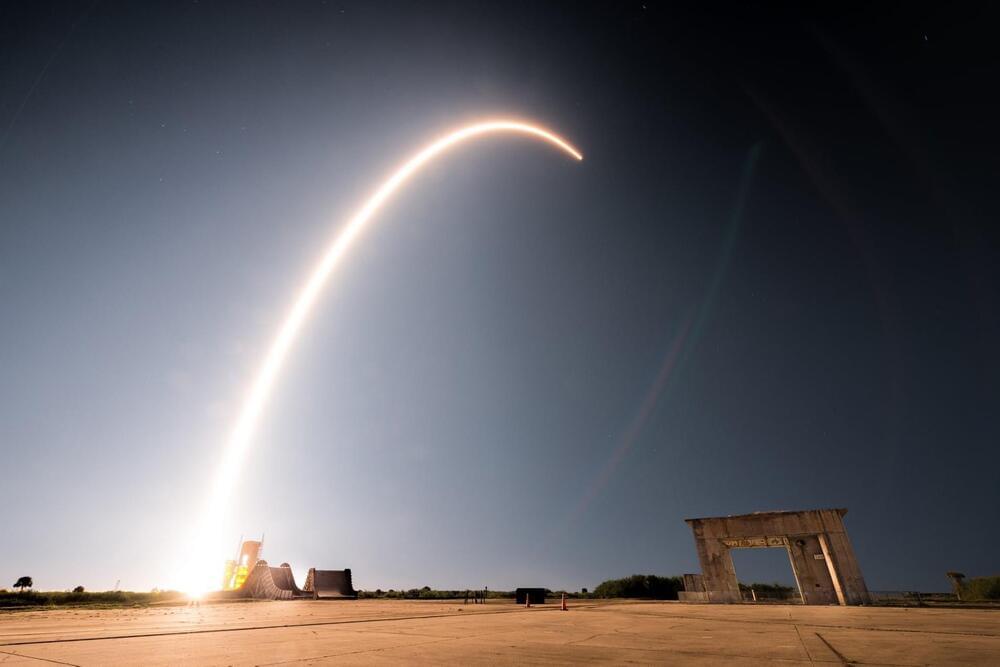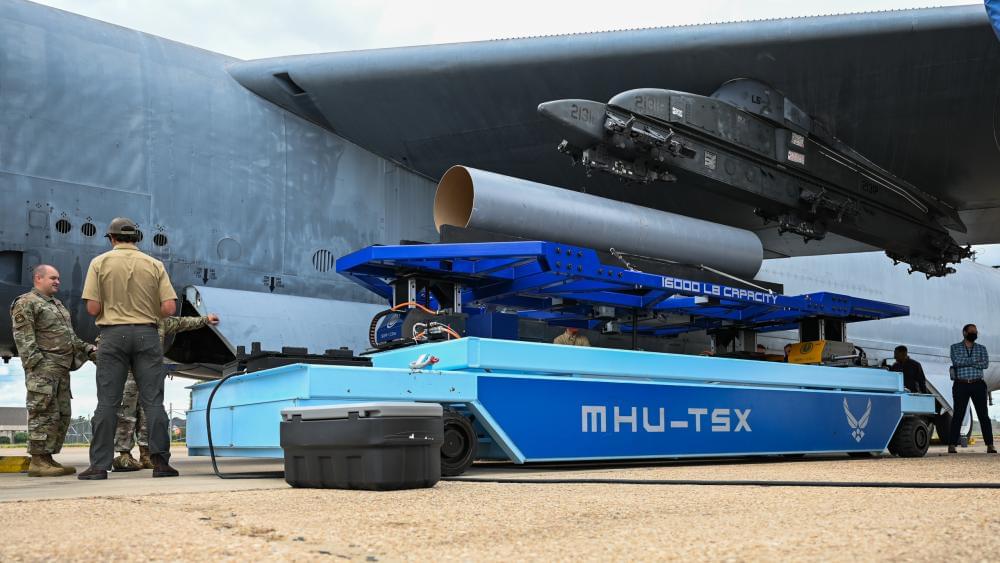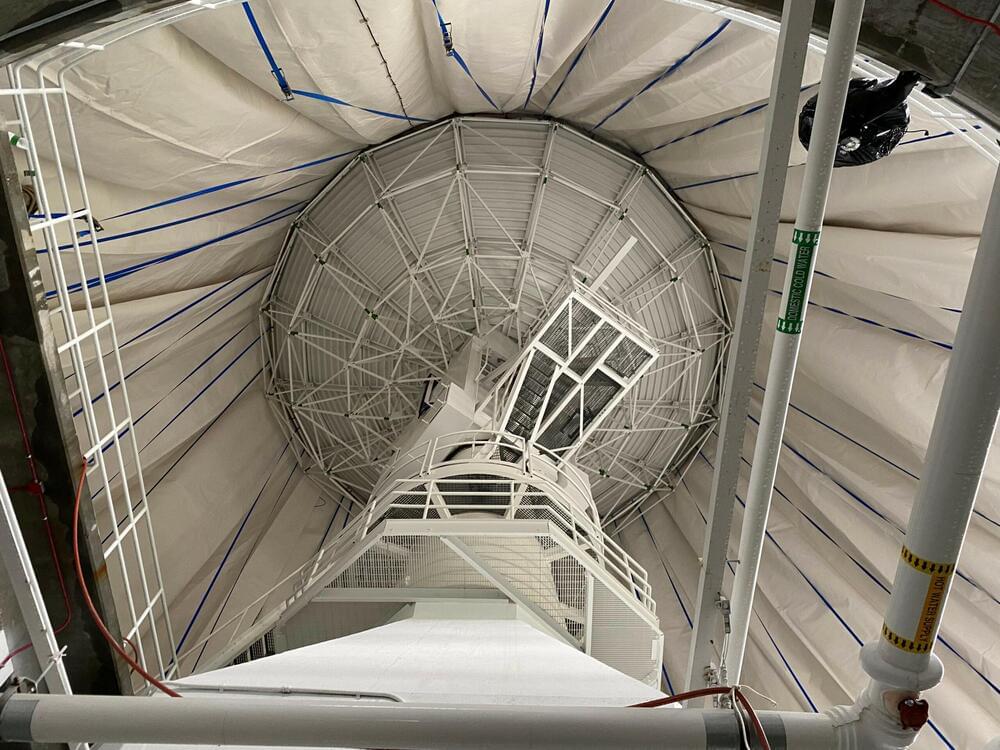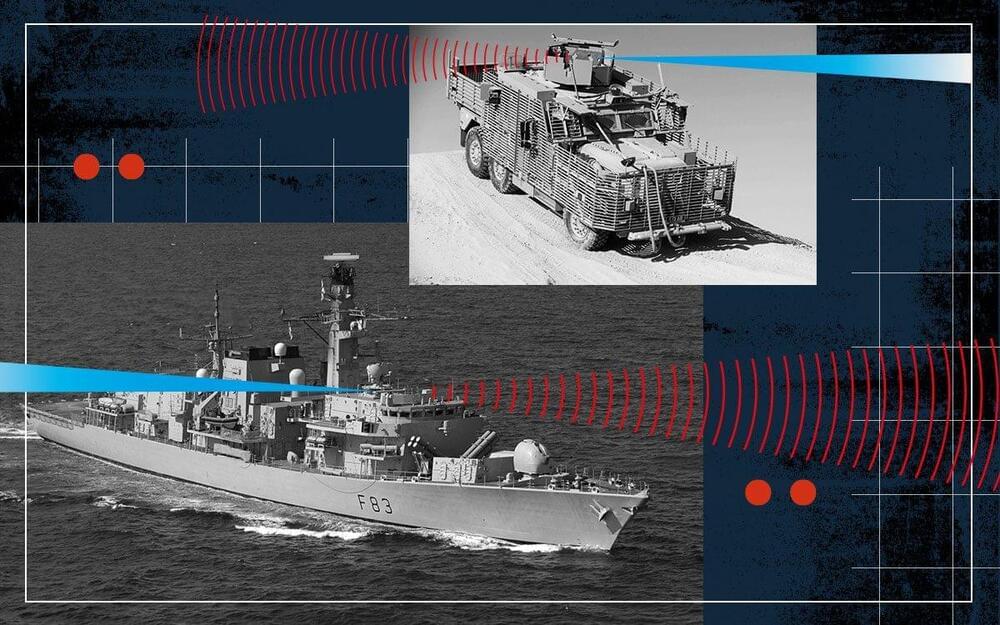Sep 23, 2021
US Space Force to Take Over Military Satellite Communications
Posted by Saúl Morales Rodriguéz in categories: military, space
The US Space Force announced the transfer of satellite communications billets, funding, and mission responsibility from the Army and Navy.
The United States Space Force, through its chief of operations, announced that the satellite communications billets, funding, and mission responsibility of the US Army and Navy will be transferred to the Space Force.
Space Force Gen. John W. “Jay” Raymond made the announcement on Tuesday at the Air Force Association meeting in Washington. The transfer is not yet complete and still needs approval from the Department of Defense.
Continue reading “US Space Force to Take Over Military Satellite Communications” »
















